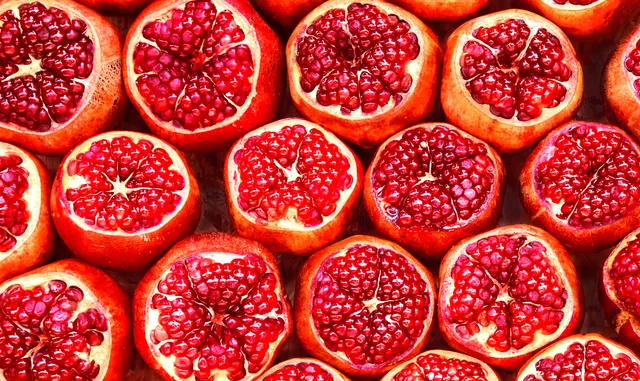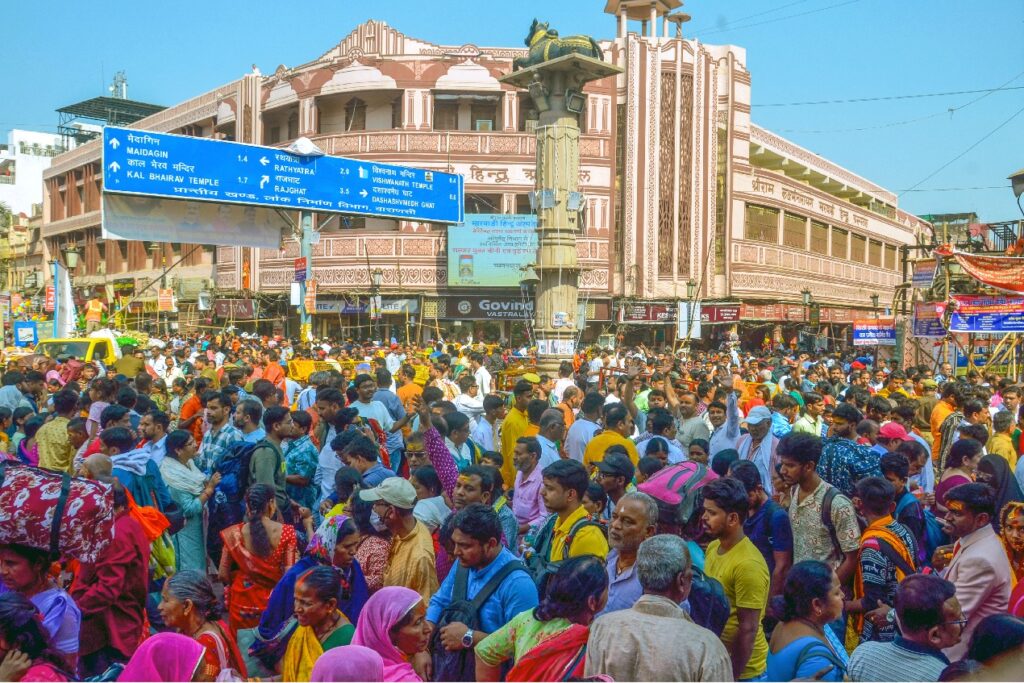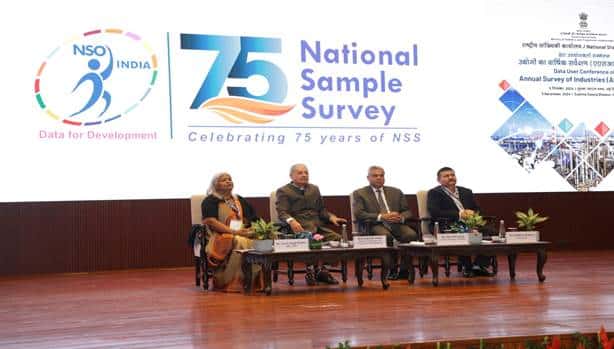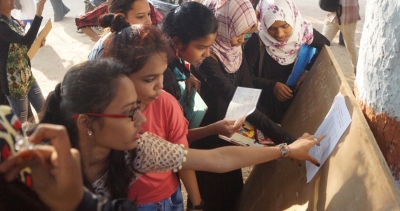Putting tomatoes back on plates, India to import the ‘red gold’ from Nepal
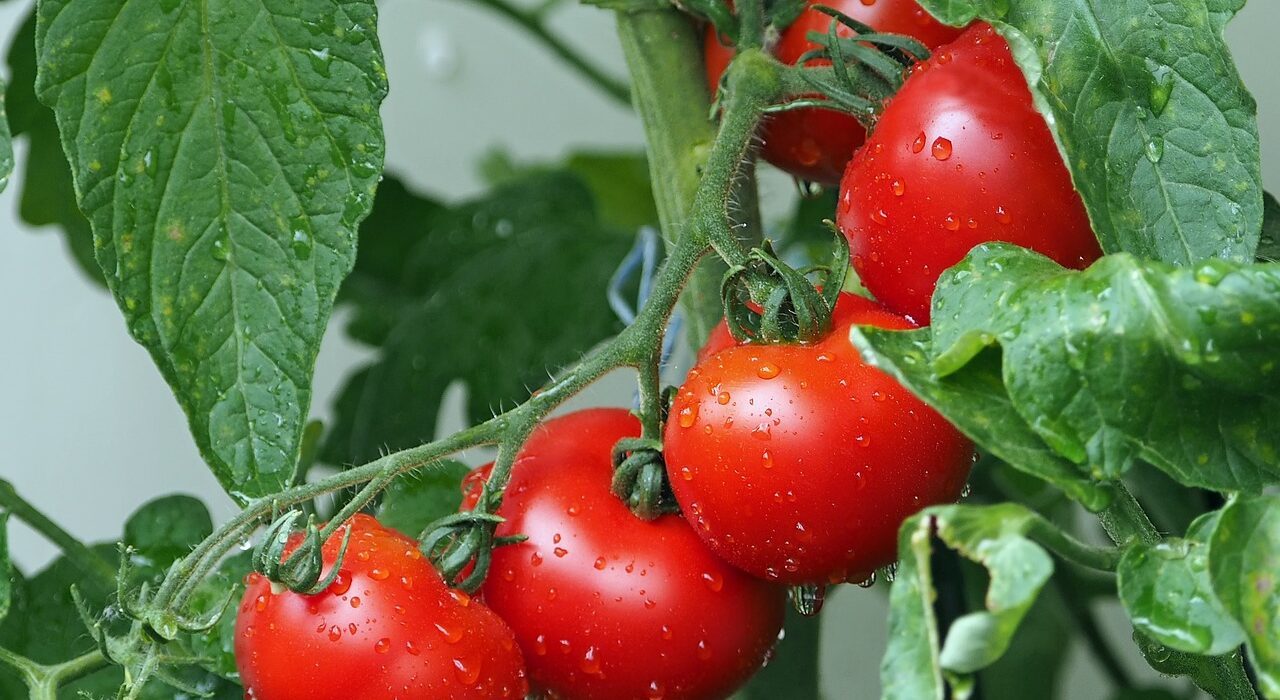
On Thursday, Finance Minister Nirmala Sitharaman told the Parliament that the government has started importing tomatoes from Nepal amid a record-high spike in prices in the country.
Hasn’t it been so long since you last bought or ate tomato without thinking about its price? There is a possibility that this will no longer be the case. On Thursday, Finance Minister Nirmala Sitharaman told the Parliament that the government has started importing tomatoes from Nepal amid a record-high spike in prices in the country.
The minister said that the government is taking steps to control inflation, and to meet the demand and check prices of tomatoes in India, it has decided to import them from its neighbour, Nepal. Sitharaman was participating in a debate on the no-confidence motion in the Lok Sabha. As per her, the government has removed import restrictions and the first lot of tomatoes from Nepal will reach Varanasi, Kanpur, Lucknow this week.
Tomatoes, Tomatoes everywhere!
Sitharaman also said that through the National Agricultural Cooperative Marketing Federation of India Ltd (NAFED) and other cooperative societies, the government has been procuring tomatoes from Maharashtra and Karnataka. These tomatoes are then distributed in Delhi-NCR, Bihar, Uttar Pradesh, West Bengal and Rajasthan at subsidised rates. The National Cooperative Consumers’ Federation of India Ltd. has distributed 8.84 lakh kg of tomatoes in the aforementioned states. The finance minister added that the wholesale prices of tomatoes in Andhra Pradesh and Karnataka are already coming down.
It is notable here that Andhra Pradesh, Madhya Pradesh, Karnataka, Gujarat, Odisha, West Bengal, Maharashtra, Chhattisgarh, Bihar, Telangana , Uttar Pradesh, Haryana and Tamil Nadu are the major tomato producing states in the country. These states account for 91% of the total production of the country.
Tomato becomes ‘red gold’
Around two months ago tomato prices across India skyrocketed. And, from there it became a ‘luxury item’ that could grace plates of only the rich and powerful! The tomato or now the ‘red gold’ continues to burn holes in comman man’s pockets. In several cities, tomato prices have shot up to anything between Rs 200 to Rs 250 per kg. This is to say that the tomato prices have spiked much more than 1,400% at the wholesale market.
Even the infamous fast-food chain McDonalds changed its menu due to the soaring tomato prices. As per media reports, a notice hung outside many McDonalds outlets which sought unavailability of fresh and quality tomatoes in adequate quantity as the reason for pulling it out of the menu for the time being.
Now, the question arises: why exactly has the tomato become this expensive?
As per reports and experts, the unusual heat, heavy rainfall in several regions especially in north India and a virus outbreak (most probably ‘white fly’ disease) in the months preceding June are the main reasons behind the price hike. The farmers sold all their tomatoes due to skepticism of supply and price which later resulted in a scarcity of fresh produce. Moreover, several farmers chose not to grow tomatoes due to its perishability and previous crash in prices. Another added factor can be transportation, which gets affected due to heavy rains and results in demand-supply disruption and increases the costs.
Will the price of tomatoes ever return to its usual level?
As per experts, a spike in the cost of tomatoes happens almost every year, and it is temporary. The central government has also called this “a temporary seasonal phenomenon”. However, this is the first time that tomatoes have become this costly. The experts predict that the prices will come down when the Kharif tomato will be pushed into the market, which has been transplanted after the arrival of the monsoon. So, the arrival of the fresh produce onto the market will bring down the retail prices. With the government’s new move, there is a possibility that the common man will experience some relief from the soaring prices of tomatoes during this time.


